Is the Awami League worried?
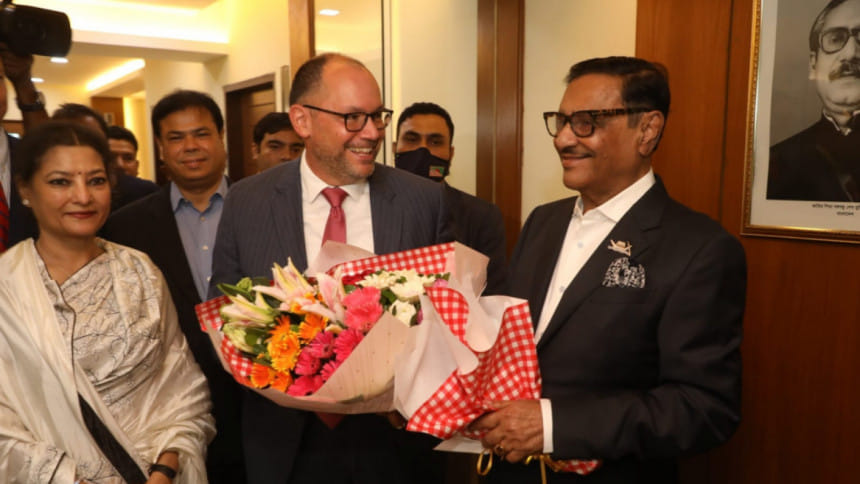
The debate over which party is more popular or which leader is the most popular in Bangladesh is as eternal as that regarding who the best footballer of our time is: Messi or Ronaldo. It will perhaps never be settled. But come election time, some organisations run their own surveys to ascertain the likely outcome of the polls. Of course, this is not unique to Bangladesh. If anything, our country sees very few surveys of this kind compared to other parts of the world, where groups are continuously polled on how different parties are doing in terms of specific issues.
However, the reaction to these surveys is similar to people's reaction to election results. No matter how authentic or robust, the camp that comes out in a negative light in the survey seeks to discredit it at every turn. The other camp, meanwhile, considers it as one more feather in its electoral cap. But people's acceptance or rejection of these survey results come from a habitual mistrust for data. When there is a serious scarcity of data in every field, it is only natural that people will have little confidence in the ones made available, especially since there are always claims that the survey findings are manufactured, if not doctored. That the agency behind the survey is trying to serve the interest of certain quarters – the one which comes out better in the survey findings, naturally.
It is perhaps keeping this context in mind that one should consider the IRI survey findings and the reaction of our political parties to it. The US-based International Republican Institute (IRI) – an agency of the Republican Party of the US – has found that 53 percent of Bangladeshis believe the country is headed in the wrong direction, while 44 percent think it is headed in the right direction. But then, 70 percent Bangladeshis, the survey found, approve of Sheikh Hasina's performance as prime minister. The approval for the opposition has gone up from 36 percent in September 2019 to 63 percent in the latest survey. A combined 69 percent Bangladeshis want an election either under a caretaker government or a national unity government.
In other news, an Awami League delegation has returned from India after a tour at the invitation of BJP. At a press conference (meant to brief the media regarding this visit), Awami League presidium member and Agriculture Minister Abdur Razzaque said they did not discuss anything specific about the election. However, as a Prothom Alo report said, the AL delegation has returned with a notion that India would stand by the ruling party in the upcoming election, as they have done in the past. This is significant because India has so far not issued any statement regarding Bangladesh's election, except one by Arindam Bagchi, a spokesman for the Indian foreign ministry, hoping the election would be held peacefully and as per schedule. Given that this did not clarify India's stance convincingly, the Prothom Alo report is rather significant.
Meanwhile, US Ambassador to Bangladesh Peter Haas recently visited Awami League's office on Bangabandhu Avenue. There, he met and spoke with AL General Secretary Obaidul Quader who welcomed the envoy with a bouquet. This was most likely the first time that a US ambassador to Bangladesh visited the office of a political party. It was also unusual that Haas spoke to the press by himself after the visit. Perhaps this was done deliberately and the US envoy did not want to be seen addressing the press while flanked by AL spokespeople or other leaders at the party office.
The US-based International Republican Institute (IRI) – an agency of the Republican Party of the US – has found that 53 percent of Bangladeshis believe the country is headed in the wrong direction, while 44 percent think it is headed in the right direction. But then, 70 percent Bangladeshis, the survey found, approve of Sheikh Hasina's performance as prime minister. The approval for the opposition has gone up from 36 percent in September 2019 to 63 percent in the latest survey. A combined 69 percent Bangladeshis want an election either under a caretaker government or a national unity government.
But what would have been the scenario if it was the BNP party office that Haas had visited, while that of AL had been left out? Would he have had to face the ruling party's wrath? Would the US envoy have been taken to school about the propriety of diplomatic behaviour? And would this act have been seen as meddling in local politics, where foreigners are not welcome? At the press conference, with an AL logo looming over his head in the background, Haas made it a point to say that the visit was part of his interaction with all spheres of Bangladeshi society, including law enforcers, news outlets, and other political parties. Whatever the case may be, the sight of the US envoy visiting the AL office and addressing the press from AL's conference room made the ruling party look quite good.
Prior to the ruling party delegation's visit to India, top leaders of leftist parties, which are part of the all-encompassing 14-party alliance led by the Awami League, visited China. Before the visit, Workers' Party of Bangladesh President Rashed Khan Menon said at parliament that the newest US visa policy was a bid to change the ruling regime in Bangladesh.
It appears that the ruling party is courting all the powers that matter in Bangladeshi politics. That the party is close to India was never doubted, and that this crucial neighbour has historically favoured the Awami League has never been a secret, either. The recent visit of the AL delegation to India was perhaps to strengthen that relationship. On the face of it, the ruling party is using all its forces to reach a favourable position. Interestingly, the Election Commission has finally approved the application of two parties, with names surprisingly similar to BNP: the BSP and the BNM. Although this has raised many eyebrows, the EC did not seem to pay heed to the reactions or speculations. Despite so many factors being in its favour, it is curious that Awami League still seems to be worried about something.
Mohammad Al-Masum Molla is chief reporter at The Daily Star.

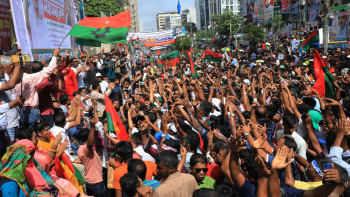
 For all latest news, follow The Daily Star's Google News channel.
For all latest news, follow The Daily Star's Google News channel. 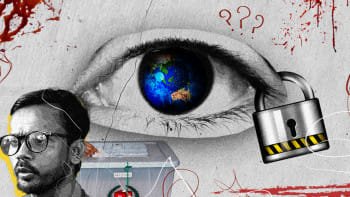
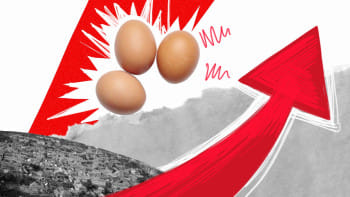


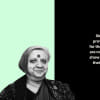

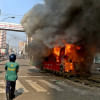
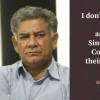
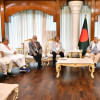


Comments